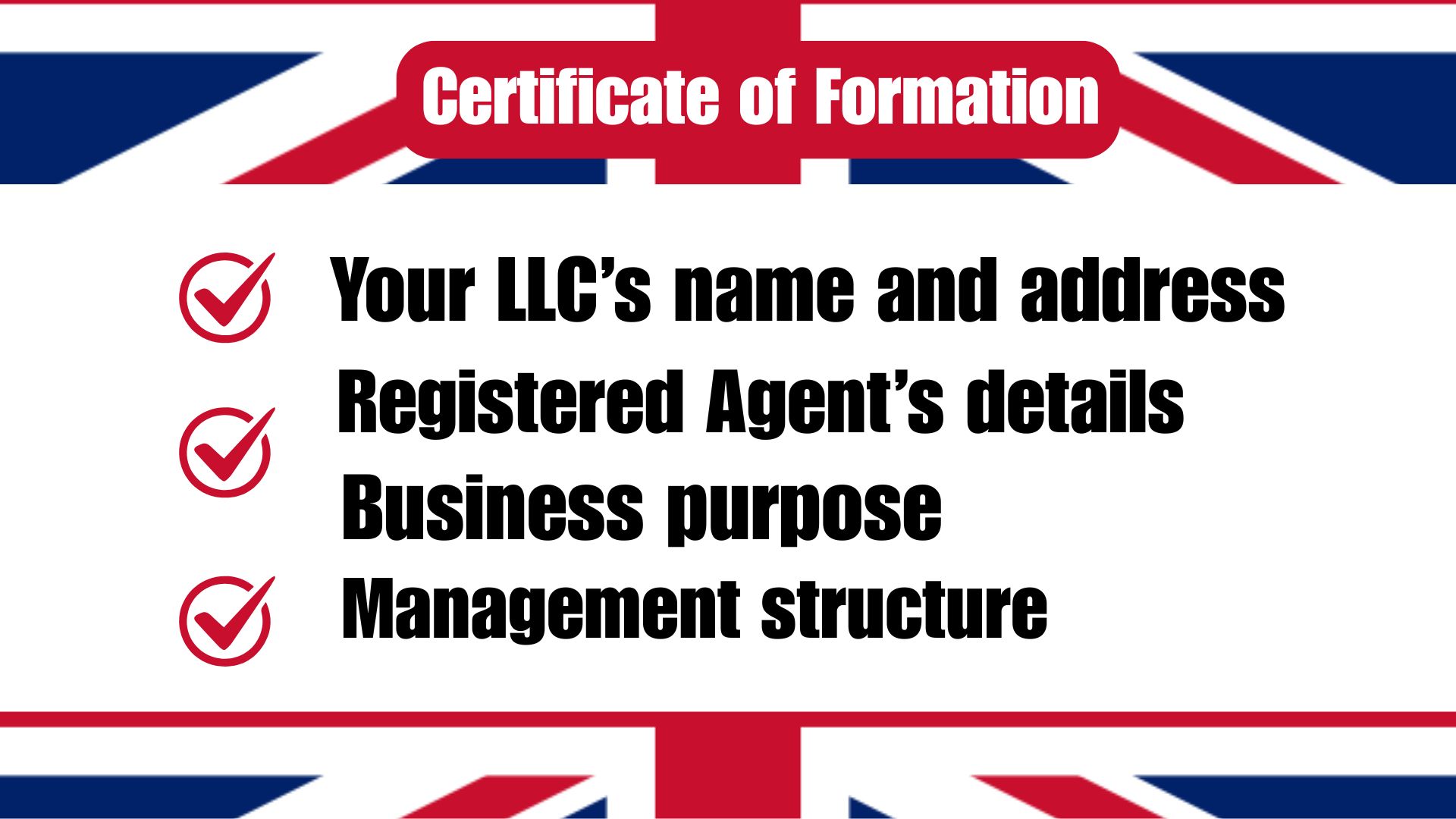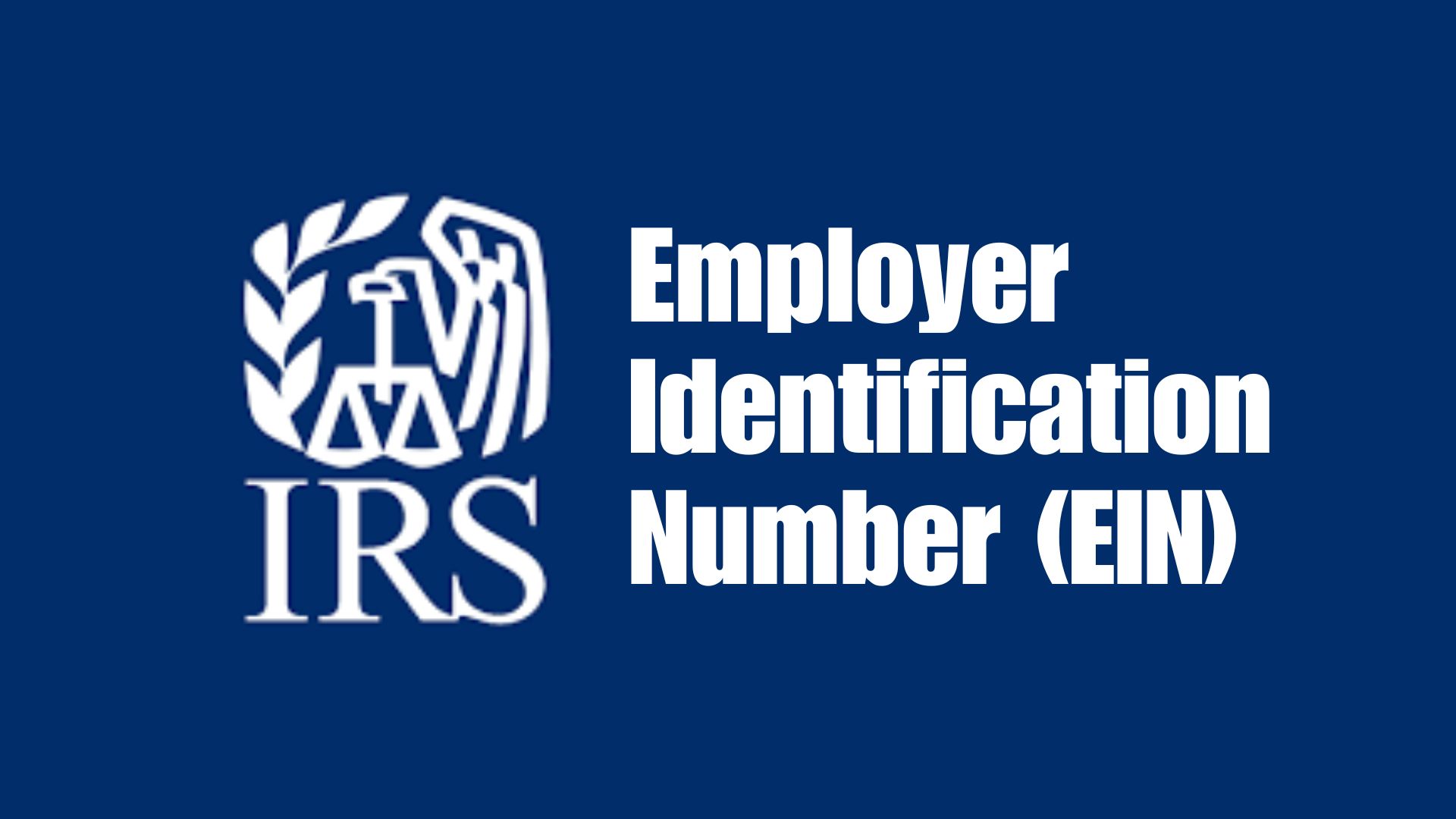Last Updated on 1 day by Komolafe Bamidele
Are you thinking about starting a business? Limited Liability Companies (LLCs) have become one of the most popular options for entrepreneurs across the United States.
Let’s explore why so many business owners choose this business structure. It’s a complete LLC for beginners, and we will explore the pitfalls you need to avoid.
What Is an LLC and Why Should You Care?
An LLC, or Limited Liability Company, combines the best features of corporations and sole proprietorships.
It provides liability protection while offering tax benefits and operational flexibility that simpler business structures can’t match.
The Undeniable Benefits of Forming an LLC
Personal Asset Protection – Sleep Soundly at Night
The most significant advantage of an LLC is right in its name: limited liability. As a business owner, having an LLC prevents your personal assets, such as your home, bank accounts, and vehicles, from being seized if your business faces lawsuits or debts.
This separation between personal and business finances (often called the “corporate veil”) gives entrepreneurs peace of mind.
As we’ll discuss later, maintaining this separation is critical—one of the biggest mistakes new LLC owners make is commingling personal and business finances.
Pass-Through Taxation – Pay Once, Not Twice
Perhaps the most compelling reason to choose an LLC is pass-through taxation. Unlike C Corporations that face double taxation, LLC profits “pass through” directly to your personal tax return.
This means you only pay taxes once on your business income. This single layer of taxation can result in significant savings compared to other business structures.
We’ll explore these tax advantages in more depth later, including how to potentially minimise self-employment taxes.
Flexible Management Structure – Run Your Business Your Way
LLCS offer remarkable flexibility in how they’re managed. You can choose:
- Member-managed: All owners participate in daily operations
- Manager-managed: Designated managers handle operations
This flexibility allows you to structure your business in a way that works best for your situation.
Simplified Compliance – Less Paperwork, More Business
Compared to corporations, LLCS typically have much simpler compliance requirements. This simplicity allows you to focus more on running your business and less on administrative paperwork.
However, as we’ll see next, neglecting even these simpler requirements is one of the most common mistakes new LLC owners make.
Common LLC Formation Mistakes Beginners Should Avoid
Now that we’ve covered the major benefits, let’s look at the flip side: the common pitfalls that can undermine these advantages.
Mistake #1: Choosing the Wrong State for Formation
Many entrepreneurs mistakenly believe they should automatically form their LLCS in states like Delaware or Nevada due to perceived tax benefits.
However, if you’re primarily operating in another state, you’ll likely need to register as a foreign LLC there anyway.
The Right Approach: Form your LLC in the state where you’ll conduct most of your business unless you have specific reasons to choose another state.
Mistake #2: DIY Formation Without Understanding Requirements
While forming an LLC yourself is possible, missing critical steps can lead to compliance issues or even personal liability exposure.
The Right Approach: Consider using a reputable LLC formation service that handles the paperwork correctly the first time.
Mistake #3: Failing to Create an Operating Agreement
Even in states where it’s not legally required, skipping an operating agreement is a serious mistake.
This document outlines ownership percentages, member responsibilities, profit distributions, and succession plans.
The Right Approach: Create a comprehensive operating agreement, even if you’re the sole member of your LLC.
Mistake #4: Mixing Personal and Business Finances
One of the fastest ways to lose your liability protection is by commingling personal and business funds.
This mistake can “pierce the corporate veil,” potentially exposing your personal assets to business liabilities, effectively negating the primary benefit of having an LLC.
The Right Approach: Open separate business bank accounts and credit cards, and maintain clear financial boundaries.
Mistake #5: Neglecting Ongoing Compliance Requirements
Forming your LLC is just the beginning. Many new business owners forget about annual reports, license renewals, and other ongoing requirements.
The Right Approach: Set up reminders for all filing deadlines and consider using a registered agent service to help maintain compliance.
How to Form Your LLC: A Step-by-Step Approach
Now that you understand both the benefits and the mistakes to avoid, let’s walk through how to set up your LLC properly.
Following these steps carefully will help ensure you receive all the advantages we’ve discussed while avoiding the common pitfalls that can undermine your business structure.
Step 1: Choose and Research Your Business Name
Your LLC name is more than just a label—it’s your business identity and an important marketing tool. When selecting a name:
- Ensure it’s unique and not already in use in your state (check your state’s business name database)
- Include an LLC designator like “LLC,” “L.L.C.,” or “Limited Liability Company”
- Avoid restricted words that might require additional licenses (like “Bank” or “Insurance”)
- Verify the name doesn’t infringe on existing trademarks (search the USPTO database)
- Check domain name availability if you plan to have a website
Many states allow you to reserve a business name for a small fee while you prepare your formation documents.
Step 2: Designate a Registered Agent
Every LLC needs a registered agent—a person or entity authorized to receive legal documents and official government correspondence on behalf of your business. Your registered agent must:
- Have a physical street address (not a P.O. box) in the state where your LLC is formed
- Be available during normal business hours
- Be at least 18 years old if it’s an individual
You can serve as your own registered agent, appoint another member, or hire a professional registered agent service.
Many entrepreneurs choose a professional service to ensure they never miss important legal notices and to maintain privacy (since the registered agent’s address is public record).
Step 3: File Articles of Organization
This is the official document that establishes your LLC with the state. While the name varies by state (sometimes called Certificate of Formation or Certificate of Organization), the purpose remains the same.
You’ll typically need to provide:
- Your LLC’s name and principal address
- Purpose of your business (often a general statement is sufficient)
- Names and addresses of LLC members or managers
- Name and address of your registered agent
- Management structure (member-managed or manager-managed)
- Duration of the LLC (typically “perpetual”)
You’ll submit this form to your state’s business filing office (usually the Secretary of State) along with the required filing fee, which varies from $40 to $500 depending on your state.
Step 4: Create an Operating Agreement
While not required in all states, an operating agreement is essential for any LLC.
This internal document outlines how your business will run and helps prevent misunderstandings among members.
A comprehensive operating agreement should include:
- Ownership percentages and capital contributions
- Members’ rights and responsibilities
- Voting powers and decision-making procedures
- Profit and loss distribution methods
- Rules for holding meetings and taking votes
- Procedures for admitting new members or handling member departures
- Dissolution process and asset distribution plans
Even single-member LLCs benefit from having an operating agreement, as it reinforces the separation between you and your business, strengthening your liability protection.
Step 5: Obtain an EIN (Employer Identification Number)
This tax ID number from the IRS functions like a social security number for your business. You’ll need an EIN to:
- Open business bank accounts
- Hire employees
- File federal and state taxes
- Apply for business licenses
- Establish business credit
You can apply for an EIN for free through the IRS website, and in most cases, you’ll receive your number immediately.
Even if you’re a single-member LLC with no employees, having an EIN helps maintain the separation between personal and business finances.
Step 6: Address Additional Requirements
Depending on your location and industry, you may need various permits and licenses to operate legally:
- General business license from your city or county
- Professional or occupational licenses for regulated industries
- Health department permits for food-related businesses
- Sales tax permits if you sell taxable goods
- Home occupation permit if operating from a residential area
- Industry-specific licenses (like liquor licenses, contractor licenses, etc.)
Research requirements at federal, state, and local levels, as penalties for operating without proper licenses can be severe.
Many states also require publication of a notice in a local newspaper announcing your LLC formation.
Completing all these steps properly establishes your LLC’s foundation. But perhaps the most exciting part is the tax advantages it provides, which we’ll explore next.
Tax Advantages of LLCs – Keeping More of What You Earn
Remember that pass-through taxation benefit we mentioned earlier? Now let’s explore how this and other tax advantages make LLCs such a powerful choice.
Flexible Tax Treatment Options
LLCs can be taxed as sole proprietorships, partnerships, S Corporations, or C Corporations, allowing you to optimize your tax strategy as your business evolves.
Business Expense Deductions
LLC owners can deduct legitimate business expenses before calculating taxable income, including home office expenses, business travel, marketing costs, and more.
Potential Self-Employment Tax Savings
If your LLC elects S Corporation taxation, you may save on self-employment taxes by paying yourself a reasonable salary and taking the remainder as distributions.
Maintaining Your LLC – Keeping Your Protection Intact
Setting up your LLC correctly is only half the battle. To ensure you continue enjoying all the benefits—particularly liability protection, you need to maintain your LLC properly.
Separation of Personal and Business Affairs
To preserve your limited liability protection, maintain strict boundaries between your personal and business activities with separate accounts and proper documentation.
Annual Compliance Requirements
Most states require LLCs to file annual or biennial reports and pay maintenance fees. Missing these deadlines can result in penalties or administrative dissolution.
Proper Record-Keeping
Maintain organized records of financial transactions, meeting minutes, membership changes, and tax filings to strengthen your liability protection.
When an LLC Might Not Be the Right Choice
While LLCs offer tremendous benefits, they’re not always ideal for every business:
- If you’re seeking substantial outside investment, a C Corporation might be preferred by investors.
- If you intend to go public eventually, a C Corporation is the standard structure.
- For very small, low-risk businesses with minimal assets, a sole proprietorship might be simpler.
Always consult with a business attorney or tax professional to determine the best structure for your specific situation.
Save Time and Money with Professional LLC Formation Services
Now that you understand the benefits, common mistakes, and proper formation process, you might be wondering whether to handle this yourself or get professional help.
Setting up your LLC doesn’t have to be complicated or expensive. Using a professional formation service offers significant advantages:
- Ensures all paperwork is filed correctly
- Saves you valuable time to focus on building your business
- Provides ongoing compliance support
If you’re looking to set up your US company within 24 to 48 hours, let Bizee do everything for you.
I’ve partnered with them to get you an amazing deal that’s more than $250 you’ll be saving with Bizee that can be put right back to work in your new business.
Not to mention, you get a Registered Agent service free of charge for a year to keep your business in compliance.
With Bizee, you can incorporate your business at just $0, plus the state fees, which vary depending on your state.
Why Choose Bizee Over Other Formation Services?
Here are the top reasons why you’ll be better off with Bizee:
- Each of the three Bizee packages includes Registered Agent service FREE for the first full year.
- Bizee gives you unlimited access to email and phone support.
- A FREE 30-minute Business Tax Consultation is provided with every package.
- Bizee has an order tracking tool that will allow you to monitor the status of your order in real time.
- Each order includes Next Day Processing.
These features address many of the common mistakes we discussed earlier, from providing registered agent service to helping with ongoing compliance making Bizee an ideal partner for first-time business owners.
Conclusion: Taking the First Step Toward Business Success
We’ve covered a lot of ground in this guide—from liability protection and tax benefits to formation steps and common pitfalls. Now it’s time to put this knowledge into action.
Forming an LLC is a strategic decision that can protect your personal assets, optimize your tax situation, and position your business for long-term success.
The personal asset protection shields your future. The pass-through taxation saves you money. The flexible management structure gives you freedom. And the simplified compliance requirements save you time.
Getting your LLC right from the beginning will save you headaches and potential legal issues down the road.
Whether you choose to handle the formation yourself or work with a professional service like Bizee, the important thing is to take that first step toward making your business dreams a reality.
So what are you waiting for? Just Get started with Bizee today and have your LLC up and running in as little as 24-48 hours!
This article is for informational purposes only and does not constitute legal or tax advice. Always consult with qualified professionals regarding your specific business situation.
Discover more from Zenith Techs
Subscribe to get the latest posts sent to your email.










